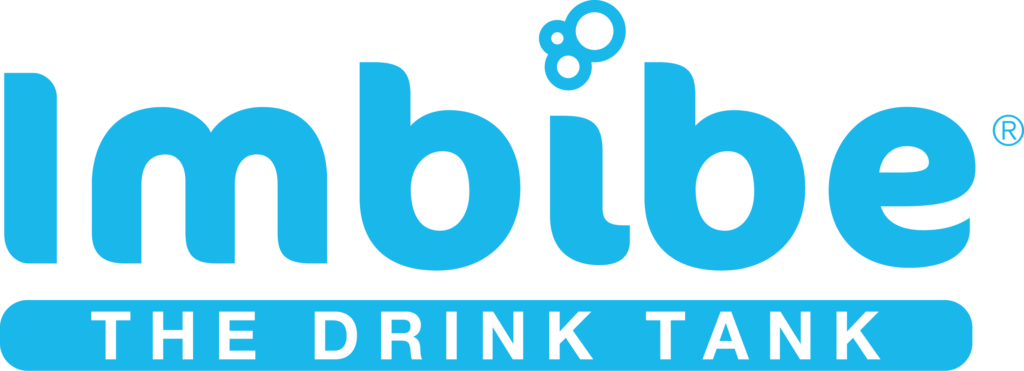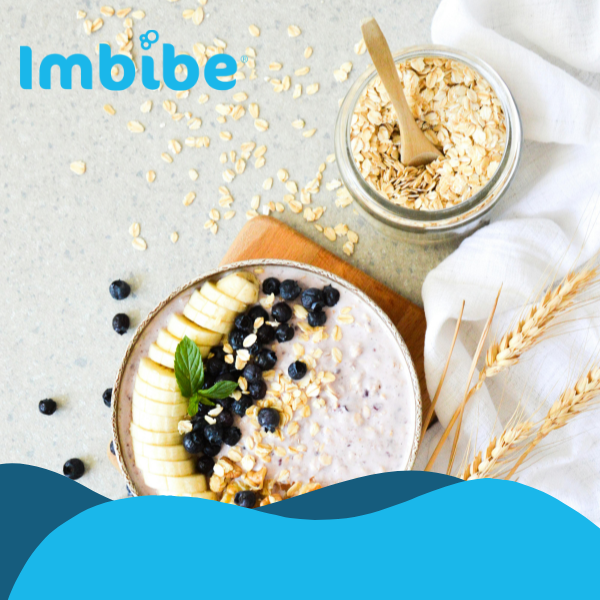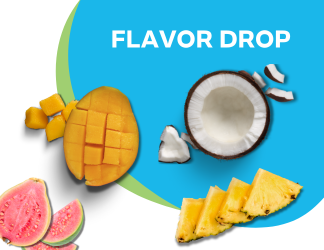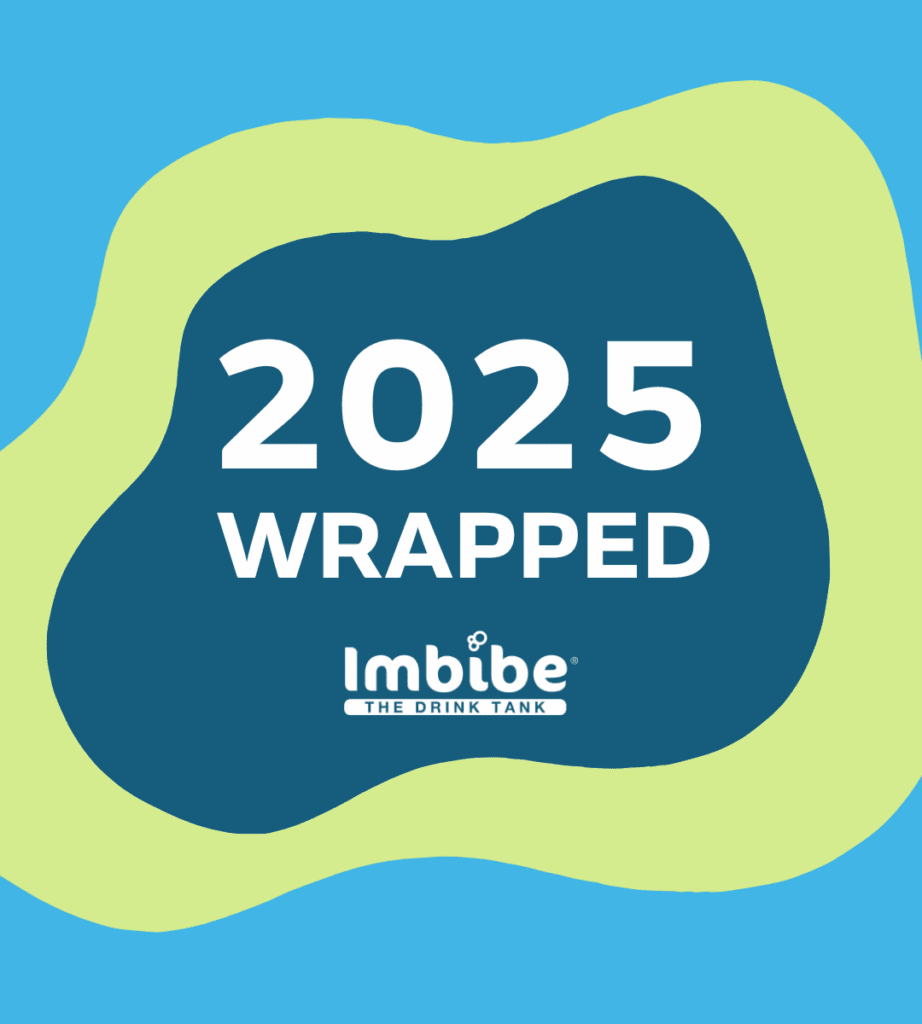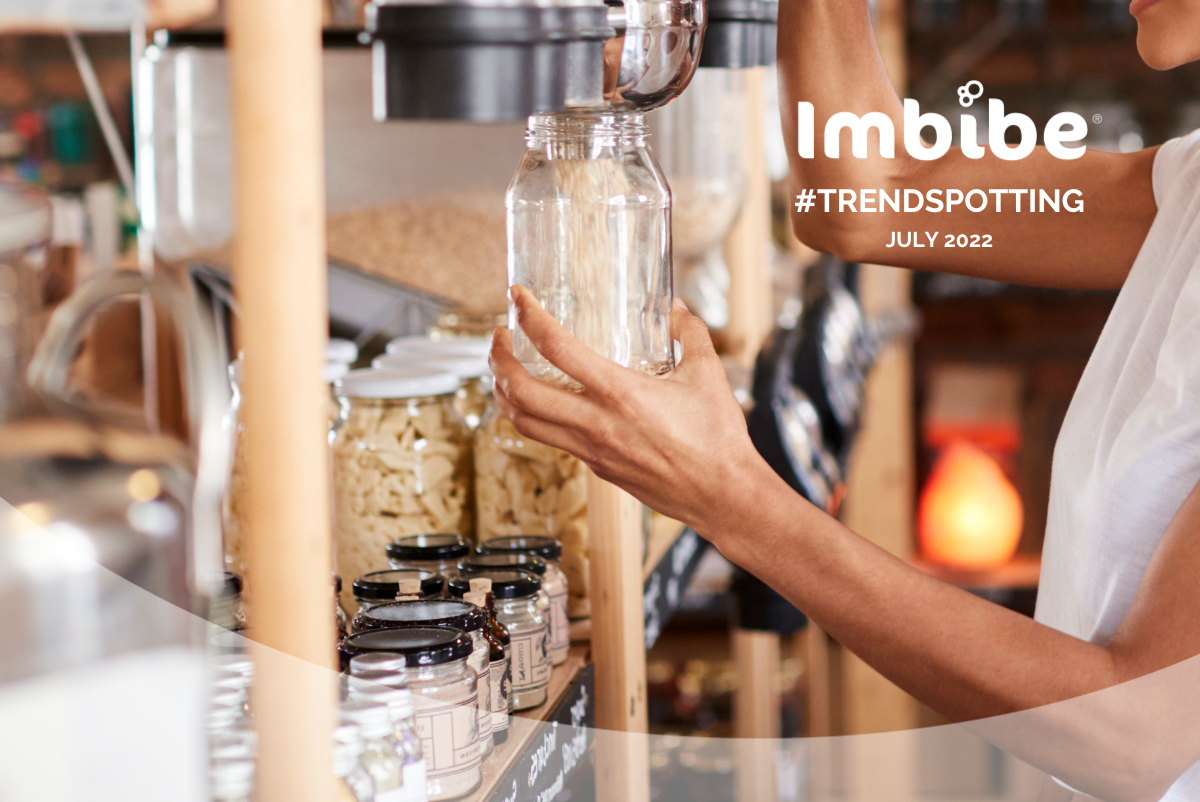
The Ability of Sustainability
42% of consumers believe their food choices have a moderate or significant impact on the environment, while 7 in 10 say climate change sometimes influences their purchase decisions.* Born from this movement are reducetarians, climavores, and advocates for exploration into new avenues for more renewable options.
So how do we measure these efforts taken by businesses? Depending on the very nature of a company’s business model, not everyone can take the same path when striving to create a cleaner planet. This is where a sustainability scorecard comes into play, and although we aren’t able to check “yes” or “no” if a company is doing all it can to lessen their ecological footprint, some of them are making super innovative and stand-out moves in this space.
Consumers are very tapped into the products they choose to buy and what kind of an impact they will have on the planet. #Ecotok on TikTok has 525.8 million views and is used to show alternative options for products that aren’t sustainable.* In an effort to keep plastics out of landfills and the ocean and use them for practical purposes, consumers have by adopted the practice of ecobricking (which has also been recently endorsed by the official TikTok account). We expect that a lot of brands will listen to these very public outcries for more sustainable packaging choices.
Packaging

Consumers are very tapped into the products they choose to buy and what kind of an impact they will have on the planet. #Ecotok on TikTok has 525.8 million views and is used to show alternative options for products that aren’t sustainable.* In an effort to keep plastics out of landfills and the ocean and use them for practical purposes, consumers have adopted the practice of ecobricking (which has also been recently endorsed by the official TikTok account). We expect that a lot of brands will listen to these very public outcries for more sustainable packaging choices.
Following this demand, iconic brands like Coca Cola, Nestle, and Pepsi have made huge steps in this area with promises to up (reduce) their packaging game. Corona Canada has rolled out a new can that is made with hydropower that will reduce carbon emissions from its manufacturing by more than 30%.
Sometimes it’s not about overhauling your product’s entire makeup but changing or adding a small piece.The Absolut Company will be using a new cap for its glass bottles that is made from biobased materials (which will ultimately set them on track to make 100% of their packaging sustainable by 2025).
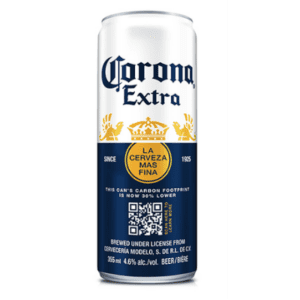
Upcycled Ingredients
You know what they say – one man’s trash is another one’s treasure. Recently, this has been the case for many food and beverage companies. So much waste being thrown into landfills every day is bred from a wide range of manufacturing processes, with 30-40% of the entire US food supply going to waste every year.* Many brands are taking these once-unwanted scraps and designing entire product lines around them or swapping them in for existing ingredients.
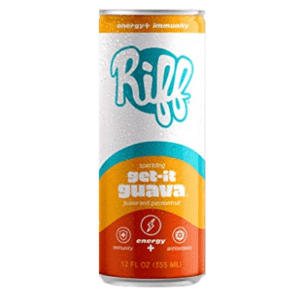
In 2021, the official upcycled certification was launched and currently 25 CPG brands offer food & beverage products with the stamp of approval. Riff Energy+ uses upcycled cascara as a caffeine source, which is usually disposed of during the coffee production process. Outcast Foods uses unsellable fruits and veggies and transforms them into shelf-stable powders. In late 2021, Naylor Farms announced its plans to utilize leftover cabbage from coleslaw production for protein ingredients. In a time when plant-based protein options are at an all-time high, finding new sources fuels the evolution of this category.
A lot of the recent growth in this space is due to transparency by brands, and ultimately, their marketing efforts. Marketing has been a point of contention in the overall space for a while, due to greenwashing backlash aimed at companies who want the kickbacks of being environmentally friendly without actually doing anything notable. CaPao (the product of a Mondelez/Barry Callebaut collaboration) uses its digital platform to educate consumers on the waste that generally happens when harvesting Cacaofruit, and the benefits of saving it for its line of flavored bites.
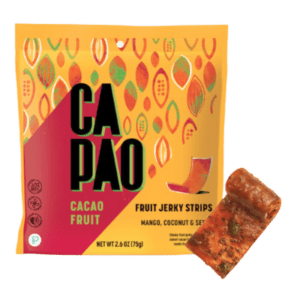
From Across the Globe to Across the Street
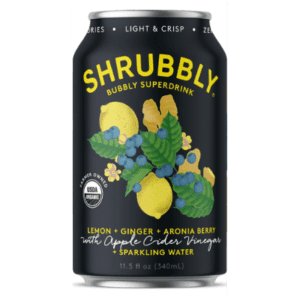
We’re all experiencing supply chain pain. It can be costly and unsustainable to secure a lot of ingredients that originate from different parts of the globe, and currently supply chain disruptions are causing sourcing problems for raw materials/ingredients and packaging components. The answer might be right under your nose (or at least the next state over). Imbibe’s procurement team has experienced first-hand having to pivot and many of our customers have benefited from their skillful activity and expansive network.
As longstanding Midwesterners, we’re well aware of the Aronia berry (or chokeberry), which is native to this region. Although it isn’t widely used across mainstream products, Shrubbly has leveraged this obscure fruit in its line of flavored sparkling water to create “regenerative drinks” (it also is considered a superfood). Other options including huckleberry (state fruit of Idaho) and marionberry (native to Oregon) have also been leveraged for larger-scale production – brands like Van Leeuwen, Wild Roots, and Dry Fly Distilling have been embracing this idea for some time. We see a lot of potential for growth in this space in the coming years.
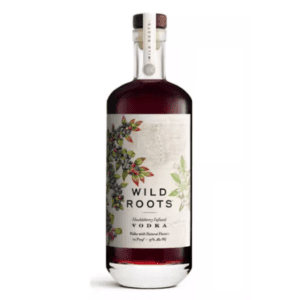
If you see an opportunity for innovation for your company in any of these areas, Imbibe can help. Our product development, marketing, and procurement teams are constantly on the lookout for better choices to solve today’s problems and prepare for tomorrow’s possibilities. So, thinking back to your sustainability scorecard – how would you score?
- Food and Health Survey, 2021.
- TikTok, 2022.
- USDA, 2022.
Check out more on #TRENDSPOTTING, or visit our blog.
